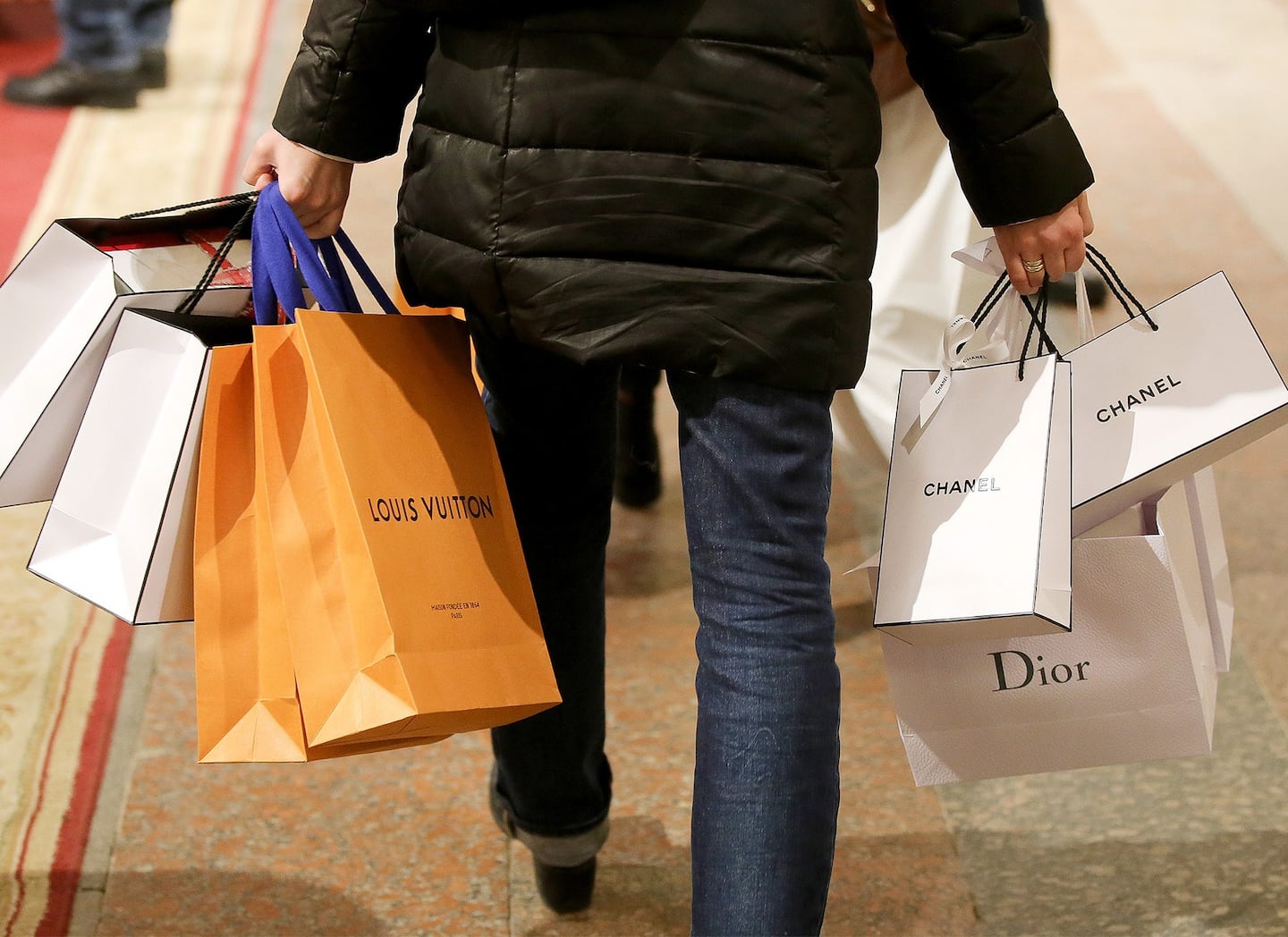
The Business of Fashion
Agenda-setting intelligence, analysis and advice for the global fashion community.

Agenda-setting intelligence, analysis and advice for the global fashion community.

The global luxury market is enjoying strong momentum in 2022 so far, Bain & Company said, estimating that first-quarter sales rose 17 to 19 percent year on year.
The market is currently on track to grow by 10 to 15 percent this year, although a slower-growth scenario could see sales rise by just 5 percent, the consultancy said Tuesday in a report issued jointly with Italian trade group Fondazione Altagamma.
While luxury sales have rebounded sharply from the pandemic, macroeconomic pressures including high rates of inflation in the US and Europe, slowing GDP growth, and the war in Ukraine have clouded the outlook for consumer demand. A slower-than-expected recovery from China’s latest round of Covid-19 lockdowns in key population centres like Shanghai and Beijing is another factor that could cause the market to downshift in the months to come, Bain said.
Despite taking a heavy hit in 2020, the luxury market was actually bigger than ever by the end 2021: Last year, the personal luxury goods market grew 7 percent above 2019′s pre-pandemic levels (excluding currency shifts) to total €288 billion ($305 billion), Bain said, revising its previous finding that 2021 sales had been broadly flat compared to 2019.
ADVERTISEMENT
The new figures mirror the pandemic trajectory of some of luxury’s most powerful players, including Chanel, Hermès and LVMH, which reported record sales in 2021. “The immediate rebound of the market [is] even stronger than what we forecasted,” said Bain partner Federica Levato.
The sector’s resilience stemmed from consumers’ desire to return to their pre-Covid lifestyles, Levato said, as well as the fact that luxury goods were one of the few discretionary spending categories still possible during the crisis (when dining out and travel were paused).
“To spend money on these products and on these brands is really a willingness to go back to normal life to some extent,” she said.
The pandemic also forced brands to think more creatively about how to reach their consumers, leading some to discover untapped opportunities that could benefit growth longer term. In North America, a recent bright spot for luxury, companies have appealed to a more diverse group of consumers across generations, locations and ethnicities, Levato said.
By 2025, Bain expects that non-white consumers will account for 25 to 30 percent of luxury spend in the US, up from about 20 percent in 2019. Geographically, the Mid-West is expected to be a key area of growth over the next few years.
This year, market growth is being driven by booming demand in Europe, where Bain now expects sales to surpass 2019 levels this year, as well as the US, with consumers anxious to return to pre-pandemic lifestyles and refreshing their wardrobes accordingly, according to Bain. Growth in South Korea, too, is accelerating, with the country playing an increasingly prominent role in the global luxury market, Levato said.
Performance in China was strong during the first quarter, but a fresh wave of Covid-19 restrictions in key cities has since hampered luxury spending. According to Bain estimates, the market is unlikely to recover before the end of the year or early 2023.
With the risk of global downturn rising by the day, the fate of luxury brands depends heavily on their positioning, writes Pierre Mallevays.
Top-tier luxury brands have come roaring out of the pandemic, but the return of experiences, the rising risk of a global downturn and growing ubiquity of widely distributed labels could spell trouble ahead.
Mining company Anglo American is considering offloading its storied diamond unit. It won’t be an easy sell.
The deal is expected to help tip the company into profit for the first time and has got some speculating whether Beckham may one day eclipse her husband in money-making potential.
The designer has always been an arch perfectionist, a quality that has been central to his success but which clashes with the demands on creative directors today, writes Imran Amed.
This week, Prada and Miu Miu reported strong sales as LVMH slowed and Kering retreated sharply. In fashion’s so-called “quiet luxury” moment, consumers may care less about whether products have logos and more about what those logos stand for.